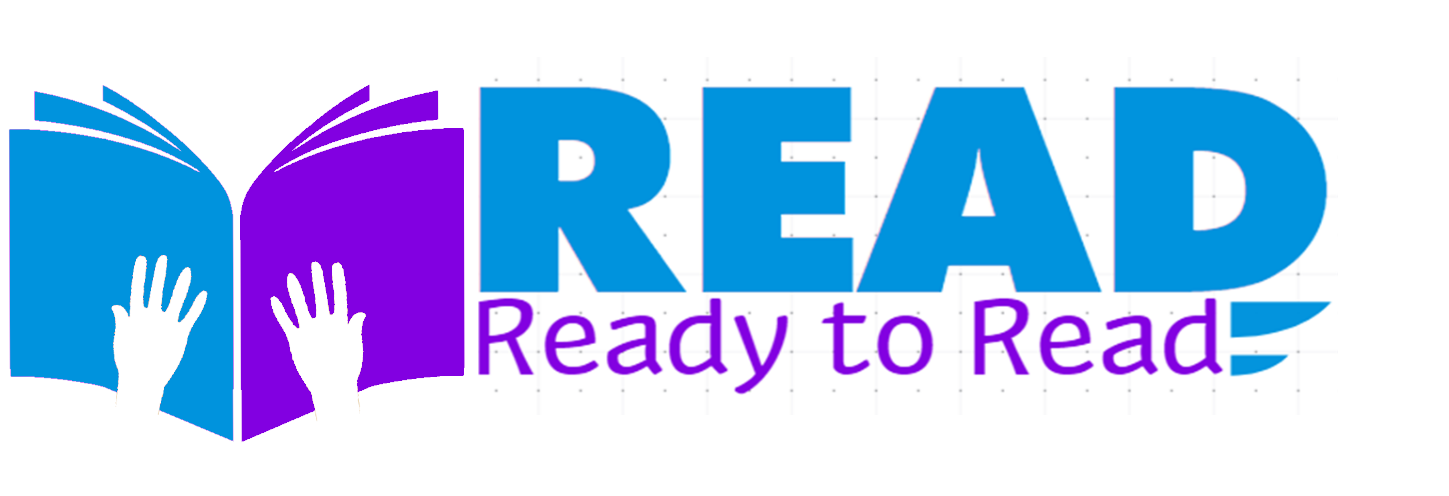Erasmus+ KA2 Strategic Partnerships - "READ – Ready to Read" project (2019-1-HU01-KA201-061099)
European Pillar of Social Rights (COUNCIL RECOMMENDATION on key competences for lifelong learning 2018/C 189/01): everyone has the right to
quality and inclusive education, training and lifelong learning that develops key competences and basic skills, to maintain and acquire skills that allow full participation in society, personal fulfilment and development, employability, social inclusion and active citizenship. EC supports the development of key competences from early age (https://ec.europa.eu/education/node_en), European Commission Education and Training Monitor 2016.
Fostering of literacy competences plays a key role in promoting social cohesion and reducing economic and social disparities. Quality ECE ( European Commission Education) lays the foundations for later success in life in terms of education, well-being, employability, and social integration, and is especially important for children from disadvantaged backgrounds.
In 5 of the 7 partner countries the average % of early leavers is higher than the EU one. Only Belgium and the enlargement country Bosnia and Herzegovina has better scores. At least 4 of 7 partner countries (no data from BiH) have scores below the OECD average in Pisa 2019 Reading test.
READ project fully meets the needs of the EU relating to modernizing and improving the quality of early education, increasing key competences, and professional development of teachers and educators, also thanks to international cooperation and exchange of good practices. It contributes to the achievement of the EU goals by aiming to the followings:
- spreading models, best practices, methodologies, tools and experiences in fostering of literacy competences in children in pre-school age
- strengthening strategies for continuity between pre-school and school literacy preparation
- increasing the EU networking and cooperation between ECE providers in 7 countries
- reinforcing public and private partnership strategies at European level
- encouraging the dialogue between educational and institutional decision-makers in the partner countries
- delivering to local and EU level managers a recommendation on priorities related to the development of key reading.
Partnership organizations: 7 EU countries (6 members and 1 enlargement country): Galileo Progetti Nonprofit Kft. (H), Mesezene Egyesület (H), Erasmushogeschool (B), Kindergaten 37 Valshebstvo (Bg), ARCA Cooperativa Sociale (I), Centro Social de Soutelo (P), Montessori IQ Kutak (BiH).
Direct beneficiaries: pre-schools/primary schools (for children aged 5/6), managers, coordinators, educators, teachers.
Trainings: approx. 150 participants involved, in their countries or abroad.
Methodology based on mutual learning between partners and exchange of good practices through short-term joint staff training activities, 1 each partner country with 2 participants per partner, observation by job shadowing of the development activities of literacy competences for pre-school age children, and of the reading activities in primary school first year, 2 transnational project meeting, self-learning. Trainings will be a useful occasion to collect several data about: - local/regional/national level research: legal and financial framework, social, cultural and educational contexts, strategies, policies, involved sectors (public and/or private); - literacy competence survey: questionnaires (5 educators, 5 teachers, 5 parents).
Methodology tools: impact evaluation; - observation reports (based on observational criteria).
A Final Publication (and Recommendations) will be edited, accessible free of charge in pdf version, in English and a summary in partner countries’ languages. They will be will be disseminated more times in public events in each partner country at different level, and in dissemination actions at EU level.
Impacts: participants: prof. development, acquirement and development key competences, skills and attitude, lifelong learning, foreign languages learning, mobility experiences - organizations: improvement company strategies, methodologies, activities, importing models and good practices from others, improvement quality education services provided allows them to respond more adequately to the needs of the target group, cooperation between different kind of organizations , organizational ability to permanently train employees.
Target group (children, families): a quality preschool, knowledge of families about existing services and of their rights, to stimulate their, less probability of early leaving of education and/or training, active engagement in the development of literacy competences and related policies.
Territorial level: increased knowledge on the issues, strengthened networking: partners, stakeholders, public decision-making bodies, stimulate pro-activity of public bodies. In addition to the benefits indicated, partnership is aiming to use project results to develop a more effective method in preforming literacy competence topic provided to educators, in a future project.







